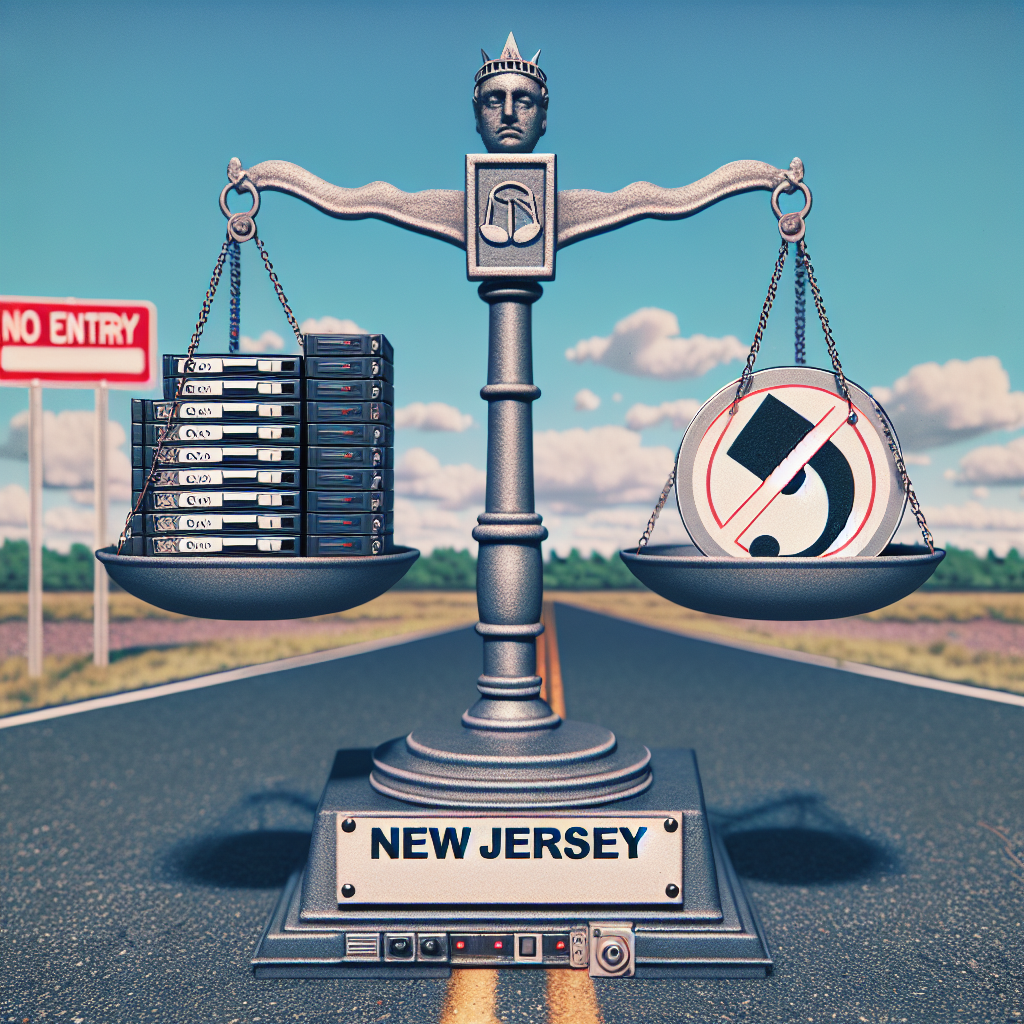New Jersey Criminalizes the Creation and Distribution of Misleading AI-Generated Media
New Jersey Criminalizes Misleading AI-Generated Media
Introduction
In a groundbreaking move, New Jersey has enacted legislation to criminalize the creation and distribution of misleading AI-generated media. This initiative aims to curb the spread of misinformation and protect the public from deceptive content.
Key Provisions of the Legislation
- Definition of Offense: The law targets the intentional creation and distribution of AI-generated media that is misleading or deceptive.
- Scope: It covers various forms of media, including images, videos, and audio, that are manipulated using artificial intelligence.
- Penalties: Violators may face significant fines and potential imprisonment, depending on the severity of the offense.
Rationale Behind the Law
The legislation is a response to the growing concern over the misuse of AI technology to create deepfakes and other forms of misleading content. By criminalizing such actions, New Jersey aims to:
- Protect individuals and organizations from reputational harm.
- Maintain public trust in media and information sources.
- Set a precedent for other states to follow in regulating AI-generated content.
Implications for AI and Media Industries
This law has significant implications for both the AI and media industries, prompting companies to:
- Implement stricter content verification processes.
- Develop technologies to detect and prevent the spread of misleading AI-generated media.
- Educate users and creators about the ethical use of AI in media production.
Conclusion
New Jersey’s decision to criminalize misleading AI-generated media marks a pivotal step in addressing the challenges posed by advanced technology. By setting legal boundaries, the state aims to safeguard the integrity of information and inspire similar actions nationwide.






































